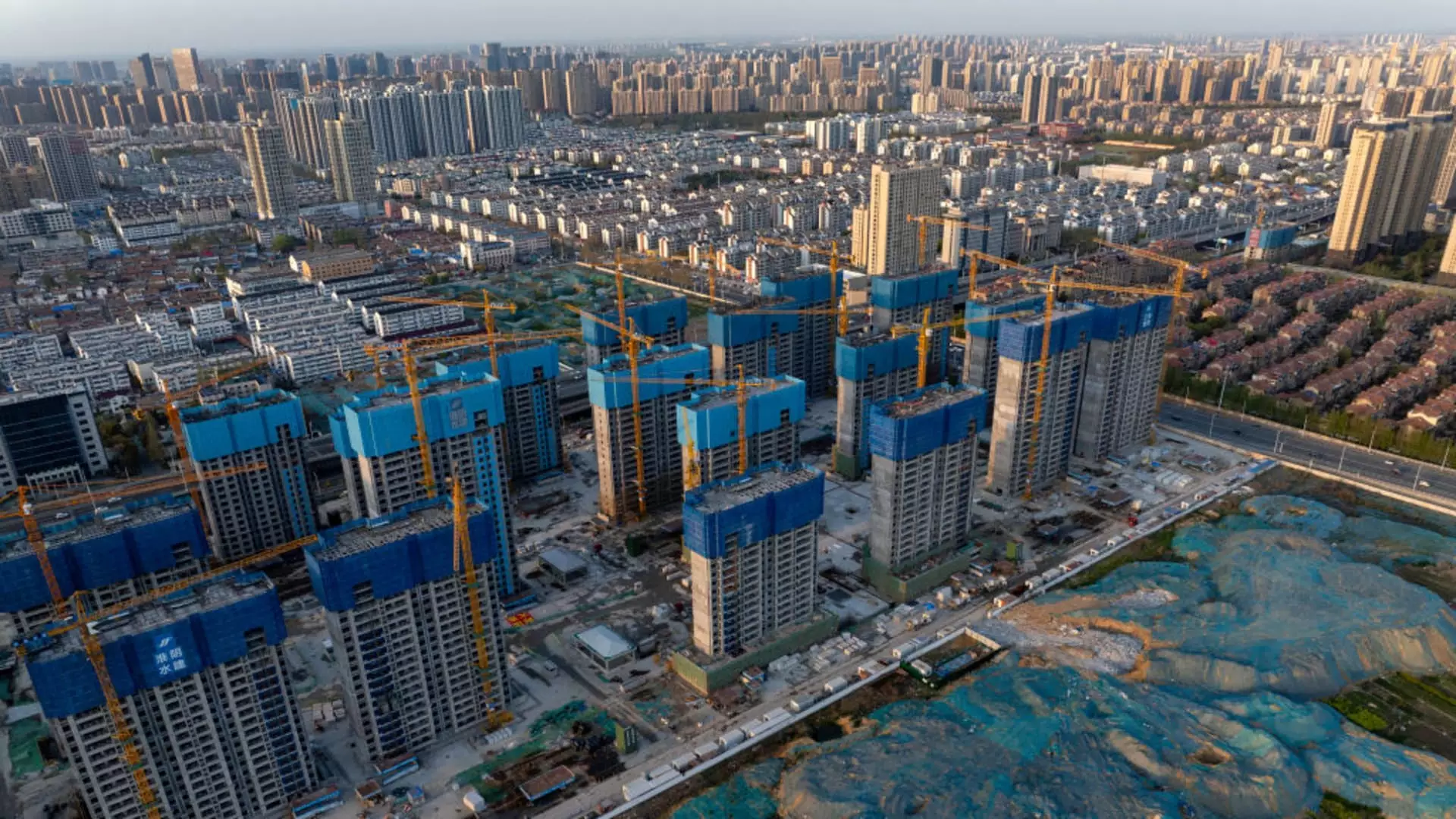China’s economy is facing significant challenges, with the need to boost economic activity and convince people that home prices are on the rise. This article will delve into the key issues and obstacles that China is currently grappling with, as well as the potential solutions that experts are advocating for.
Richard Koo, chief economist at Nomura Research Institute, highlighted the importance of convincing people that home prices are on an upward trajectory in order to stimulate economic activity. However, data shows that both business and consumer appetite for new loans have been lackluster, while home prices have seen a sharp decline in January. This trend poses a significant challenge to China’s economic recovery efforts.
Experts have warned that China may be facing a “balance sheet recession,” similar to what Japan experienced during its economic downturn. With house prices not yet stabilizing and the overall property market in decline, the need for a narrative that signals a turnaround in prices is crucial. However, the uncertainty surrounding the bottoming out of prices further complicates the situation.
Real estate and related sectors have long been key drivers of China’s economy, accounting for a substantial portion of its GDP. The recent slump in the property market, triggered by regulatory crackdowns and the impact of the Covid-19 pandemic, has added to the economic woes. Furthermore, China’s shrinking population adds another layer of complexity to the issue, as it challenges the traditional narrative of investing in real estate.
China officially recorded a 5.2% economic growth in 2023, marking a recovery from the Covid-19 pandemic. However, achieving the target of around 5% growth for 2024 remains a daunting task. Many analysts have raised concerns about the feasibility of this goal without substantial stimulus measures. Chinese authorities have been cautious about implementing large-scale support, partly due to past experiences with stimulus packages.
Richard Koo emphasized the pitfalls of excessive stimulus measures, citing China’s experience with a 4 trillion yuan stimulus package following the global financial crisis. While the initial boost led to rapid growth, it also fueled overheating, speculation, and corruption. Beijing’s reluctance to engage in similar largescale interventions stems from the perceived failure of past programs.
Looking ahead, experts urge China to strike a delicate balance between stimulating economic growth and avoiding the pitfalls of excessive stimulus. Koo recommends that China should prioritize stimulating the economy to prevent a balance sheet recession but withdraw support once growth reaches a sustainable level, ideally around 12%.
China faces multifaceted challenges in reviving its economy, navigating the complexities of the real estate market, and setting realistic growth targets. The lessons from past stimulus programs serve as a cautionary tale, highlighting the importance of prudent economic policies and measured interventions.

